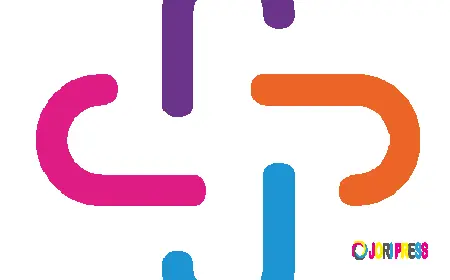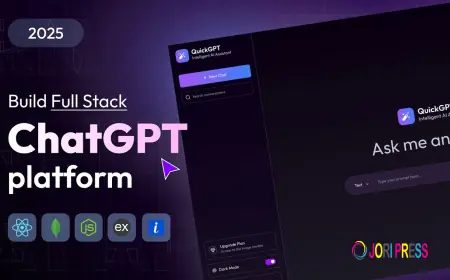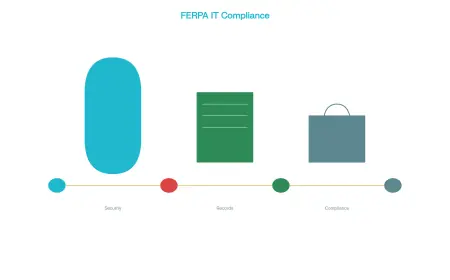Building Enterprise-Grade Casino Platforms: Architecture for Scale and Performance
Building an enterprise-level casino platform isn’t just about flashy graphics or game variety — it’s about engineering a system that can confidently handle millions of transactions, keep players engaged, and grow with your brand.

In today’s competitive online gaming market, a simple casino site or app isn’t enough. Enterprise operators need robust, scalable casino platforms that deliver seamless experiences to thousands — sometimes millions — of concurrent players, all without breaking under pressure.
Whether it’s handling live dealer streams, managing secure payments, or supporting complex bonus systems, your underlying architecture is the backbone that makes it all possible.
In this guide, we’ll explore what goes into building a high-performance, enterprise-grade casino platform, and how the right tech decisions can set you up for long-term success.
Why scale and performance are critical for casino platforms
Picture this: it’s a Saturday night, your marketing team just launched a big bonus campaign, and thousands of players log in simultaneously. They start spinning slots, joining poker tables, and cashing out winnings. If your platform slows down — or worse, crashes — you’re not just losing bets, you’re losing hard-won customer trust.
Enterprise casinos must handle:
✅ Massive concurrency: thousands of simultaneous sessions.
✅ Real-time events: instant bet settlements, jackpot triggers.
✅ Secure transactions: across multiple payment gateways.
✅ 24/7 uptime: any downtime equals lost revenue.
A seasoned Casino Game Development Company knows that building for these needs is entirely different from launching a small standalone casino game.
Key pillars of a scalable casino architecture
Let’s break down the critical components your enterprise platform needs.
1. Microservices over monoliths
Instead of a giant, all-in-one codebase (monolith), modern casino platforms use microservices — smaller, independent services that handle specific tasks.
For example:
-
Player management: profiles, balances, KYC data.
-
Game engine: handles slots, tables, RNG validations.
-
Bonus system: tracks promotions, loyalty points.
-
Payments: processes deposits, withdrawals, anti-fraud checks.
If 10,000 players decide to spin slots at the same moment, it won’t overwhelm your entire system. Only the game engine scales up, while other services stay stable.
2. Smart database choices
Your database needs to handle both heavy reads (players checking history) and writes (new bets logged every second).
For true scale:
✅ Sharding: split data across servers, often by user ID or geography.
✅ Caching: use tools like Redis or Memcached to instantly pull common data, like popular game lists or live jackpot totals.
✅ Event queues: big tasks (like settling thousands of bets) can be queued and processed without blocking other actions.
This approach also helps if you want to integrate additional features later — like pulling sports odds from a Sports Betting API to run hybrid casino-betting promos.
3. Load balancing and auto-scaling
Your servers should automatically scale up or down based on traffic. Load balancers spread traffic across multiple instances, preventing any single server from becoming a bottleneck.
During big events — like a New Year’s Eve promotion — your system can instantly add more resources to keep gameplay smooth. Once the surge is over, it scales back to save costs.
4. Security and compliance built-in
More users means more money flowing through your platform — and more eyes watching from regulators and cybercriminals alike.
Enterprise casino platforms must include:
✅ End-to-end encryption to protect personal and financial data.
✅ Advanced fraud detection & anti-bot systems.
✅ Audit trails and compliance logs to satisfy licensing bodies.
A professional Casino Game Development Company will bake these requirements in from day one, helping you avoid costly retrofits later.
5. Multi-jurisdiction and multi-currency support
As you grow across markets, your architecture needs to adapt to different:
-
Currencies & payment providers
-
Tax rates & withholdings
-
Local gambling regulations
Smart systems separate jurisdiction logic, so adding new countries or currencies doesn’t mean rebuilding your core platform.
This is also why many enterprise casinos work with specialized API partners — for example, plugging in a Sports Betting API to offer local or international odds, fully tailored by region.
6. Supporting live dealer games & streaming
Live dealer tables are massively popular but heavy on resources. They require:
✅ Low-latency video streams so players don’t experience lag.
✅ Strong backend coordination for bets, settlements, and dealer interactions.
✅ Failover systems that can instantly switch streams if a server fails.
A robust architecture ensures thousands can watch and play simultaneously without any hiccups.
Planning ahead for growth
When you build with scalability in mind:
-
Adding new games is as simple as plugging into your existing game service.
-
Launching seasonal tournaments or jackpot promos won’t strain your platform.
-
Integrating a Sports Betting API later on is straightforward, giving your players more reasons to stay on your platform.
This flexibility is what separates true enterprise-grade solutions from small, template-based casino setups.
The bottom line
Building an enterprise-level casino platform isn’t just about flashy graphics or game variety — it’s about engineering a system that can confidently handle millions of transactions, keep players engaged, and grow with your brand.
A trusted Casino Game Development Company brings all this together: microservices, secure payments, live gaming support, and multi-region compliance. Add in the right integrations, like robust sports betting APIs, and you have a platform built not just for today — but for long-term success.
What's Your Reaction?
 Like
0
Like
0
 Dislike
0
Dislike
0
 Love
0
Love
0
 Funny
0
Funny
0
 Angry
0
Angry
0
 Sad
0
Sad
0
 Wow
0
Wow
0

















































